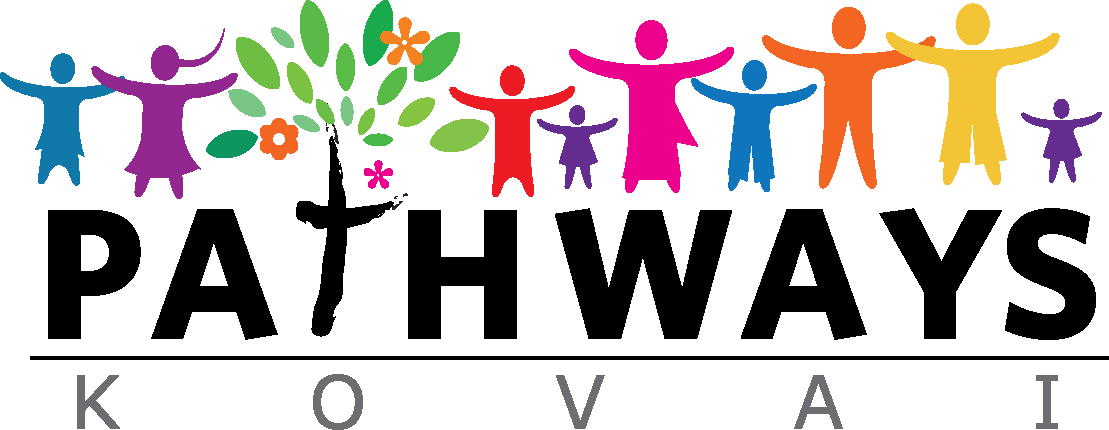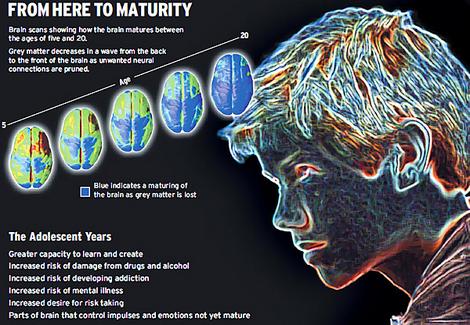There is plenty of science regarding how drinking at a young age affects the development of brain and body. The brain and body of teens are still developing and changing quite markedly at least until the age of twenty-five. Studies have shown that young people who start drinking before the age of fifteen are five times more likely to turn into alcoholics compared to those who start drinking after twenty.
Effects on brain functioning
Brain has the function of sending messages from the nerve cells to the rest of the body and it needs to send correct messages throughout the body so it functions correctly. Alcohol acts on the nerve cells of the brain and disrupts communication between nerve cells and other cells of the body by altering the actions of two major neurotransmitters. Neurotransmitters are chemical messages that help nerve cells to talk to each other and to other cells of the body.
Short-term effects
Alcohol suppresses the activities of certain nerve pathways, eventually making the person appear sluggish, lethargic, and slow moving. They find it hard to concentrate and have poor coordination.
They may make decisions without thinking about consequences and get into trouble with law.
Feel positive when alcohol level increases in blood and depressed when level decreases.
Long-term effects
Teen drinkers score low on vocabulary, visual-spatial and memory tests compared to their non-drinking peers. Studies have also linked drinking and poor performance at school.
Parts of brain affected by alcohol
While there are several parts of the brain affected by alcohol during the teenage years there are two areas of the brain that are particularly sensitive to alcohol during this period.
Hippocampus
The hippocampus is responsible for memory and learning. Studies of adolescents show that heavy and extended alcohol use is associated with a 10% reduction in the size of the hippocampus. It also shows that the function of the hippocampus is uniquely sensitive to alcohol at this time and that alcohol may be poisonous to the nerve cells of the hippocampus causing them to be damaged or destroyed. Young people are also more susceptible to ‘blackouts’, which is the absence of memory following a bout of intoxication with no ability to recall the event. This results from high concentration of alcohol in the brain centres that are responsible for memory (hippocampus). This can potentially cause long-term damage to the hippocampus. Young people are also more susceptible to ‘black
Prefrontal lobe
The prefrontal lobe is important for planning, judgment, decision making, impulse control and language. This area of the brain changes the most during the teenage years. Research with heavy drinking adolescents’ shows that these young people have smaller prefrontal lobes than young people of the same age who do not drink.
Mental health effects
Teens experience increased psychological distress and serious behavioural problems associated with alcohol. Girls who start drinking before the their sixteenth birthday have been found to be at four-time greater risk to suffer from depression and anxiety. Teens are also at higher risk for developing attention deficit disorder when they start drinking young. Alcohol can also affect the social development of young people as they spend time drinking instead of playing sports or sociallising in healthy ways.
The body of research about the effects of alcohol on the developing brain is still growing. Studies have shown physical changes in the brain and evidence of impaired problem solving and other cognitive function resulting from young people’s alcohol use. Teenagers brains are still developing and changing every day. These changes in the wiring make young people find alcohol more rewarding when they are adults and increasing the potential for alcohol addiction in adulthood.
Some research suggests that young people are more vulnerable than adults to some of the effects of alcohol because their minds and bodies are still developing. Research informs us that alcohol can damage the developing brain but it is not clear how much alcohol it takes to do this. Even moderate amount of drinking in teen years may cause permanent brain damage. For these reasons, it is recommended that the safest choice for young people is no alcohol.


Recent Comments